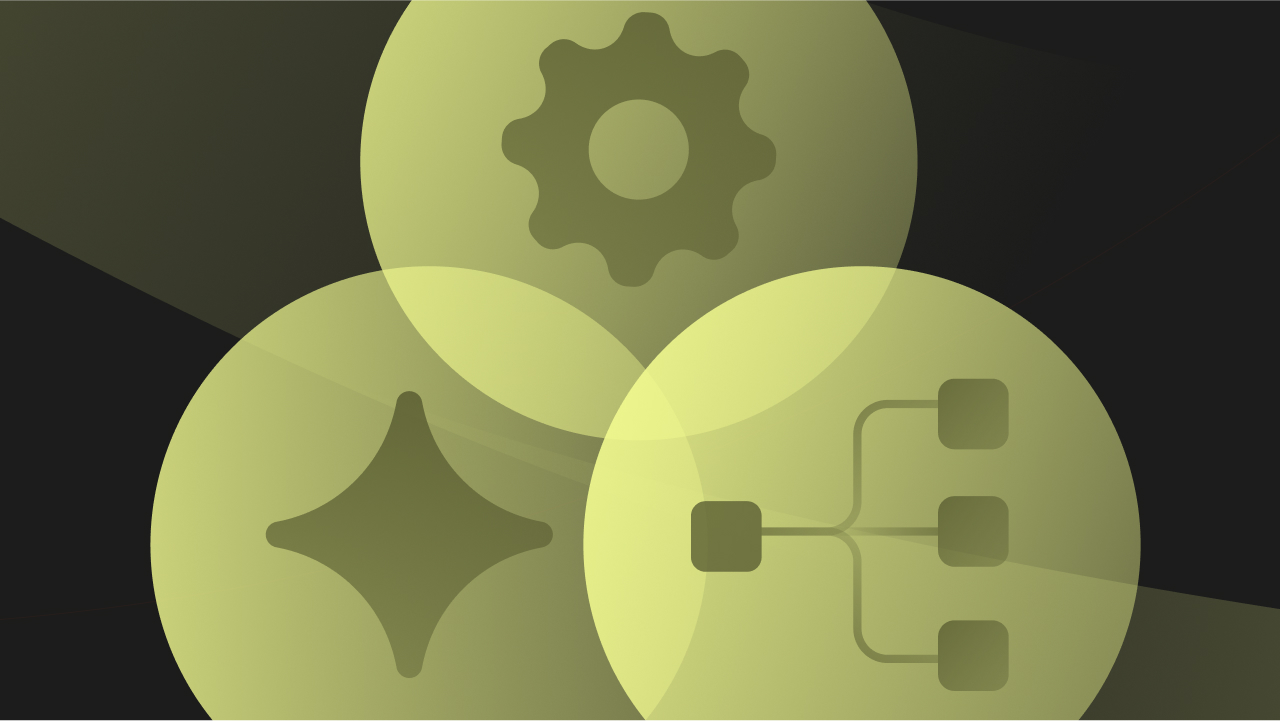Organizations are constantly seeking innovative ways to enhance efficiency, reduce operational costs, and improve overall productivity. Traditional automation methods have long been a staple in this pursuit, but a new, more sophisticated paradigm has emerged: Intelligent Automation. For business leaders, technology enthusiasts, and anyone new to the concept, understanding “what is intelligent automation” is becoming increasingly vital. This guide aims to demystify the topic, providing a clear and concise overview for beginners.
The relentless pressure to do more with less, coupled with the explosion of data and the complexity of modern workflows, has necessitated a leap beyond simple task automation. While Robotic Process Automation (RPA) has laid a foundational groundwork, the true transformative power lies in combining it with cognitive technologies. This fusion creates intelligent systems capable of not just following rules, but also understanding, learning, and adapting. Embracing Intelligent Automation is no longer a futuristic concept but a present-day strategy for businesses looking to unlock unprecedented levels of efficiency and drive significant competitive advantage.
